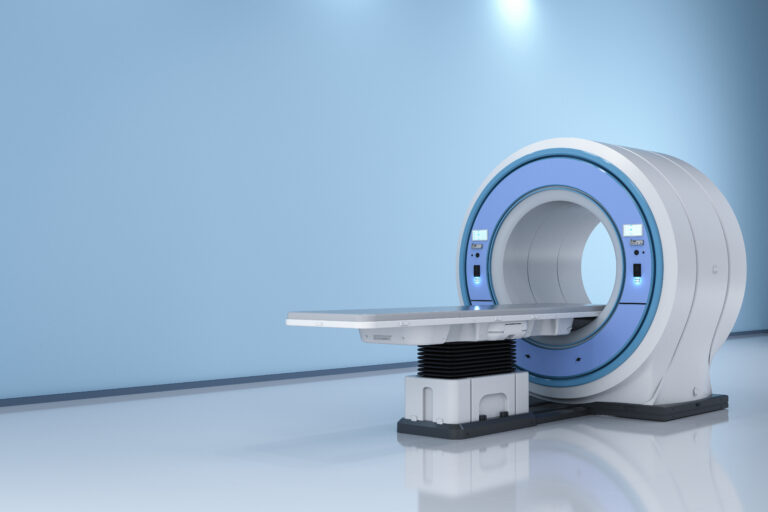## Fish Oil and Alzheimer’s Disease: What Does the Science Say?
Alzheimer’s disease is a devastating condition that affects memory, thinking, and behavior. As the population ages, more people are searching for ways to protect their brain health. One popular option is fish oil, which contains omega-3 fatty acids. But does fish oil really help with Alzheimer’s disease? Let’s look at the evidence in a clear, straightforward way.
## What Is Fish Oil?
Fish oil comes from the tissues of oily fish like salmon, mackerel, and sardines. It is rich in two types of omega-3 fatty acids: eicosapentaenoic acid (EPA) and docosahexaenoic acid (DHA). These fats are essential for the body and are thought to be important for brain health.
## How Might Fish Oil Help the Brain?
Omega-3 fatty acids are believed to support the brain in several ways:
– **Reducing Inflammation:** Chronic inflammation in the brain is linked to the progression of Alzheimer’s disease. Omega-3s may help reduce this inflammation, potentially slowing down the disease[1].
– **Supporting Brain Cell Function:** These fats help keep brain cells (neurons) flexible and healthy, which is important for memory and thinking[1].
– **Improving Blood Flow:** Omega-3s may improve blood flow to the brain, ensuring that it gets enough oxygen and nutrients[1].
– **Protecting Memory Areas:** The hippocampus, a part of the brain crucial for memory, may be protected from damage by omega-3s[1].
## What Do Studies Say About Fish Oil and Alzheimer’s?
### Observational Studies
Many large studies have found that people who eat more fish or take omega-3 supplements have a lower risk of developing Alzheimer’s disease. For example, one study followed older adults for up to six years and found that long-term omega-3 supplement use was linked to a 64% lower risk of Alzheimer’s[2]. Another review of 48 studies, involving over 100,000 people, found that higher dietary intake of DHA and EPA was associated with a lower risk of dementia and cognitive decline[2].
These studies suggest that the more omega-3s you consume, the greater the potential benefit—especially if your intake is above about 1 gram per day[2]. The benefits seem strongest in people who start taking omega-3s earlier in life or at the first signs of memory problems, rather than waiting until Alzheimer’s is advanced[1][6].
### Clinical Trials
While observational studies are promising, clinical trials—where people are randomly assigned to take fish oil or a placebo—have shown mixed results. Some trials found that fish oil improved memory, attention, and thinking skills in people with mild cognitive impairment (MCI), which is often a precursor to Alzheimer’s[1]. However, in people with moderate to severe Alzheimer’s, fish oil supplements did not seem to help much, possibly because the brain damage is already too advanced[1].
A recent meta-analysis found that omega-3 supplements did not improve overall cognitive function in people with or without dementia[3]. The benefits, when they occur, seem limited to certain aspects of thinking and memory, and only in people with mild cognitive problems[3].
### Timing and Dosage Matter
The timing of when you start taking fish oil may be important. Starting omega-3 supplements early—before dementia develops—might offer more protection than starting later[1][6]. The dose also matters: higher intakes of DHA and EPA (above 1 gram per day) are linked to greater reductions in cognitive decline risk[2].
### Fish vs. Supplements
It’s not entirely clear whether eating fish is better than taking fish oil supplements. Both provide omega-3s, but fish also contains other nutrients that might be good for the brain. More research is needed to compare the two directly[1].
## The Mediterranean Diet Connection
A Mediterranean diet—rich in vegetables, fruits, beans, nuts, fish, and olive oil—has been shown to lower the risk of Alzheimer’s and slow cognitive decline[4]. This diet is naturally high in omega-3s from fish, but it also includes many other brain-healthy foods. Interestingly, the protective effect of the Mediterranean diet is especially strong in people with a high genetic risk for Alzheimer’s, such as those with the APOE-E4 gene[4].
## Why Are the Results Mixed?
There are several reasons why studies on fish oil and Alzheimer’s have mixed results:
– **Study Design:** Observational studies can show a link, but they can’t prove that fish oil causes the lower risk. Only clinical trials can do that, and those have been less consistent[2][3].
– **Stage of Disease:** Fish oil may help more in the early stages





